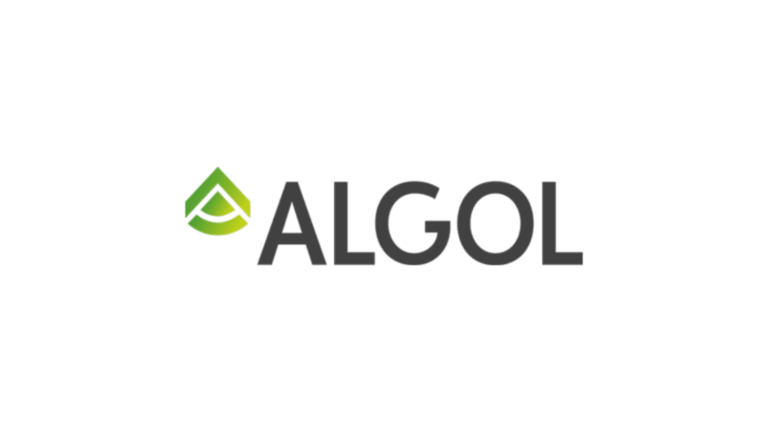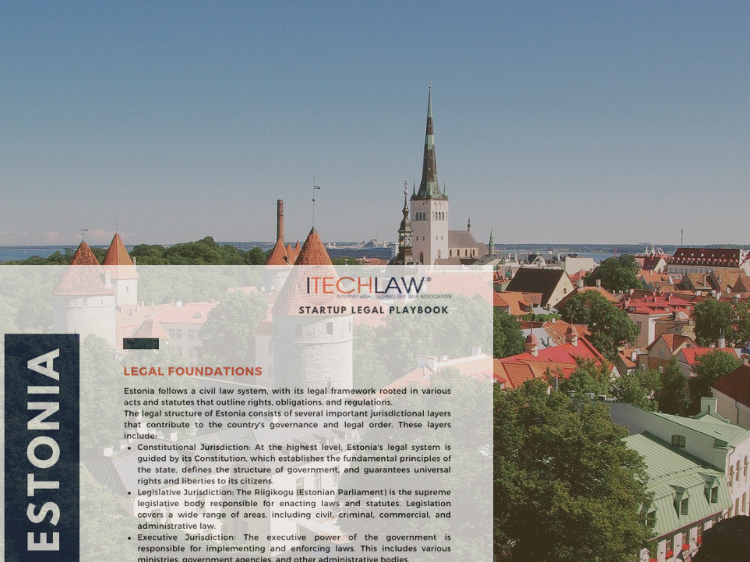
On 11 January 2019 the Polish Government submitted to Parliament the draft Collective Entity Accountability Act, a new regulation intended to replace the prevailing ineffective act on the Accountability of Collective Entities.
The draft has already been subject to public consultations at the governmental stage of the legislative path where it caused great turmoil among entrepreneurs and the business world. Although the Act is nowhere near complete, the Ministry of Justice seems determined to bring the new law into force as soon as possible. In its proposed form, the draft may have a significant impact on enterprises that have not introduced a high-level compliance standards into their businesses.
What Will Change?
Model of Liability. Under the proposed regulation, the criminal liability of a collective entity (such as a limited liability or joint stock company) is no longer dependent on the prior conviction of any individual perpetrator of a criminal offence. The company faces its own independent liability for any offence directly related to its business activity, committed as a result of actions or omissions of its corporate body or deliberate actions or omissions of a member of its corporate body. In addition, the company may be liable for offences committed by affiliated third-parties such as persons employed by the company, authorized for representation or supervision by the company or (under certain conditions) even subcontractors of the company, provided however that the offence resulted from negligence in the appointment or supervision over said third-parties or was caused by abnormalities in the management of the company which allowed or facilitated the committing of a criminal offence.
Required Due Diligence. The company may escape liability for offences committed by affiliated third-parties if it is able to prove that its corporate bodies acted with due diligence in the management and supervision of the company.
Protection of Whistle-blowers. The draft introduces provisions aimed at securing the legal position of whistle-blowers i.e. informers who report abnormalities in the functioning of the organization. The relevant corporate bodies of a company are responsible for verifying the reported information and must adopt measures protecting the whistle-blower from discrimination and unjust treatment.
What is the Bottom Line Risk?
Under the Act, the company may be subject to a fine up to PLN 30,000,000 and even up to PLN 60,000,000 for offences resulting from circumstances reported by a whistle-blower but disregarded by the company. In certain cases, the Act even allows for the dissolution of a company or the imposition of other less severe punitive measures.
Even if a company is not found liable for a criminal offence, it may still be subject to asset forfeiture if it significantly benefited financially from the offence, unless its corporate bodies acted with due diligence in the management and supervision of the company or such a measure would be incommensurate for other reasons.
How to Prepare?
In practice, corporate entities (other than micro-entrepreneurs) will be forced to introduce comprehensive compliance regulations addressing the risk of negligence or criminal activity in the organization and allocating responsibility of corporate bodies and relevant employees. For medium-sized and large enterprises, entities will have to appoint a person or division supervising compliance with relevant laws (e.g. compliance officer). Effectively, the draft encourages the development of good compliance practices and brings Polish legislation closer to commonly accepted international compliance standards, such as the 2010 UK Bribery Act.
Download the article in the PDF Format (Content in English and Polish)
Related People: Jeremiasz Kuśmierz
Related Countries: Poland










